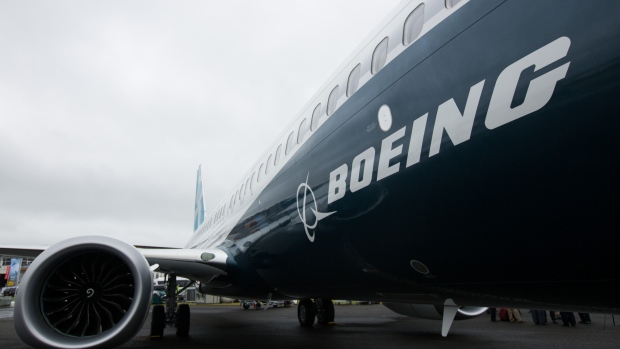Oct 9, 2019
Cracks found on more than 5% of older Boeing 737s in inspections
, Bloomberg News

More than 5 per cent of older Boeing Co. 737 jets that underwent urgent inspections worldwide in the past week have cracks in a structure connecting the wings to the fuselage and will have to be temporarily grounded.
Boeing officials shared the preliminary findings on 737 Next Generation models with airlines on Wednesday, said a person briefed on the call who asked not to be named because the discussions were private. A total of 493 planes were inspected and 25 had evidence of cracking, said the person.
The U.S. Federal Aviation Administration, acting after an alert from Boeing, issued an urgent directive Oct. 2 requiring the checks on planes with more than 30,000 total flights by Oct. 10. There are an estimated 165 such aircraft in the U.S., including 737-600, 737-700, 737-800, and 737-900 models, the FAA said in a statement.
“This condition could adversely affect the structural integrity of the airplane and result in loss of control of the airplane,” FAA said in the order, which required jets with cracks to be grounded until they can be fixed. The FAA has no authority outside the U.S., but such orders are generally followed by other nations.
Boeing didn’t immediately respond to a request for comment on the inspection findings. After the FAA order earlier this month, the company said that “safety and quality” are its top priorities and it’s working with customers to address any needed repairs as soon as possible.
Portions of Wednesday’s phone call were earlier reported by the website Leeham News and Analysis.
‘Pickle Fork’
Boeing is setting up a repair station in Victorville, California, and expects fixes to take two to three weeks per plane, said the person familiar with the disussions.
Southwest Airlines Co., which flies an all-737 fleet, has grounded two aircraft for signs of cracking after the initial round of inspections. The company has about 100 more aircraft to examine under the FAA requirement.
The cracks were first discovered on planes being overhauled in China, the FAA said earlier. The structure affected is known as a “pickle fork” and helps attach the wing to the fuselage. It’s supposed to last the lifetime of the plane without cracking.
The 737 Max, which was designed to replace the Next Generation models, has been grounded globally since March 13 as Boeing redesigns a flight-control system implicated in two fatal crashes.
--With assistance from Richard Clough.


